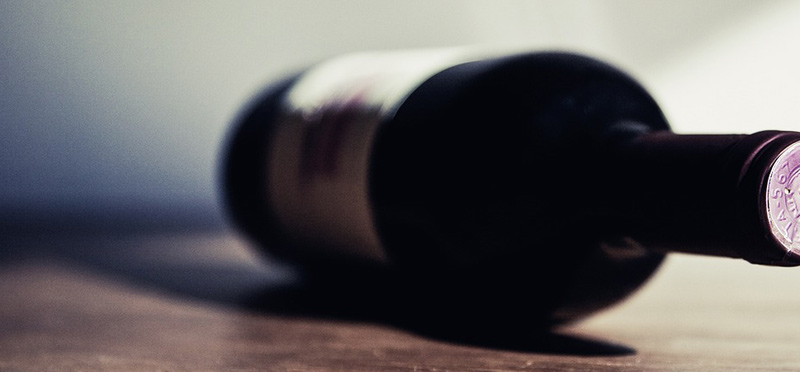ECJ: Wine label and geographical designation of origin

A wine label provides the consumer with certainty and orientation regarding the original origin.
Wine can also be protected as a protected designation of origin or [protected] geographical indication. The prerequisite for this is that the wine is made exclusively from grapes that come from the vineyards of a winery and that the wine is made entirely in this winery.
But is this protection as a geographical designation of origin and the wording "estate bottling" on the wine label also permissible if this wine is grown and harvested on leased fields and is also pressed there? Especially if this external grape harvesting and pressing is 70 kilometres away from the actual wine-growing operation?
This was decided by the ECJ on 23 November 2023 in a preliminary question from Germany (C 354/22)).
Protected designation of origin or [protected] geographical indication
Many of the products valued by consumers, such as "Scotch Whisky", "Dresdner Stollen", "Lübeck Marzipan", "Aceto Balsamico di Modena", "Morbier" and "Champagne", are under protection as protected designations of origin or as [protected] geographical indications. The EU regulation (EC) No. 110/2008 applies in this area of protection. In short, it stipulates that strict requirements must be met for the production and processing of the protected products, particularly in the region that is claimed.
When growing wine in Germany, a German ordinance must also be observed, the Wine Ordinance of 21 April 2009 (BGBl. I p. 827).
Finally, a separate regulation also governs the labelling and presentation of wine products (Chapter IV of Delegated Regulation 2019/33.
Both regulations require that the wine-growing labelling refers to the grapes on the farm named on the win labelling.
ECJ: Does the term "winery" include external pressing?
The European Court of Justice (ECJ) had to the decide, whether the use of the terms "winery" and "estate bottling" in the presentation of the wine and on the wine label is permissible, even if the grapes from leased vineyards were pressed in a facility rented from another winery - approx. 70 km away from the actual winery and in the pressing facility of another winery, which had been rented exclusively for 24 hours.
The question was therefore whether the wine production and vinification had to take place "entirely" in the winery that gave the wine its name, which was also named on the wine label, and what this completeness meant in practice.
The ECJ first commented on the aspect of a protected designation of origin or protected geographical indication. Such protection is reserved exclusively for winegrowing enterprises whose wine product is obtained exclusively from grapes grown on vineyards belonging to that enterprise and where the wine is made entirely on the premises of that enterprise.
The ECJ added, it must be assumed that leased vineyards located approximately 70 kilometres from the main premises of the eponymous wine-growing business are covered by the same protected designation of origin or protected geographical indication as that business. That is for the referring court to examine.
In this context, the court referred to the entrepreneurial freedom of agricultural businesses. According to the ECJ, the concept of a holding within the meaning of Article 54(1) of Delegated Regulation 2019/33 is not limited to the land owned by the producer or located in the vicinity thereof, but may also extend to leased vineyards that may be located elsewhere.
ECJ: Wine label with 'estate bottling' despite external vinification if...
A wine label can therefore show a winery designation despite external pressing if...
- this facility is made available exclusively to the eponymous winery for the time required for the pressing process
- and the winery named on the wine label assumes the actual management, close and constant supervision and responsibility for this process.
The ECJ added that it is irrelevant that the wine-growing business renting the pressing plant has an interest of its own in the way in which the pressing is carried out, in particular due to a contractual clause depending on yield and quality of the wine.
This judgement provides legal certainty for wineries to work with in practice. Winery designation on wine label is permissible even if wine is pressed outside the winery.
Are brand protection, trade names or branding your topics, too?
We would be happy to advise you objectively and in your best interests.
The consultation is free of charge. Please contact us without obligation by telephone on +49 69 69 59 60-0 oor info@kollner.eu.







